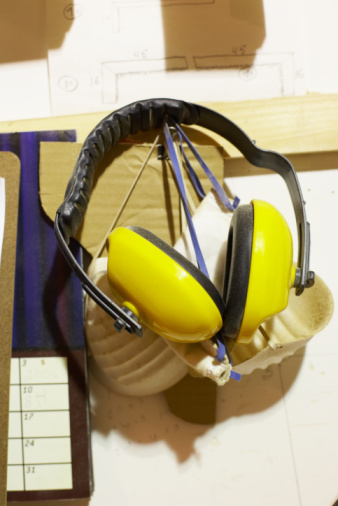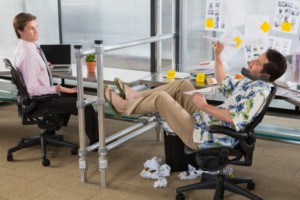 What job is right for you? It’s a big question to ask when you start your job search. While pay and work hours should be major factors, one of the most important things to look for is a job you can see yourself enjoying.
What job is right for you? It’s a big question to ask when you start your job search. While pay and work hours should be major factors, one of the most important things to look for is a job you can see yourself enjoying.
In a global study by BlessingWhite, an employee engagement and leadership development consulting firm, the top reason employees worldwide give for staying with their employer is “My work. I like the work that I do.”
To help you get started, check out in to J.O.B.1’s: Behind the Right Job to hear a story of how one woman’s talents, passions, and ideal work environment led to a job that helps her grow and excel in the workplace.






